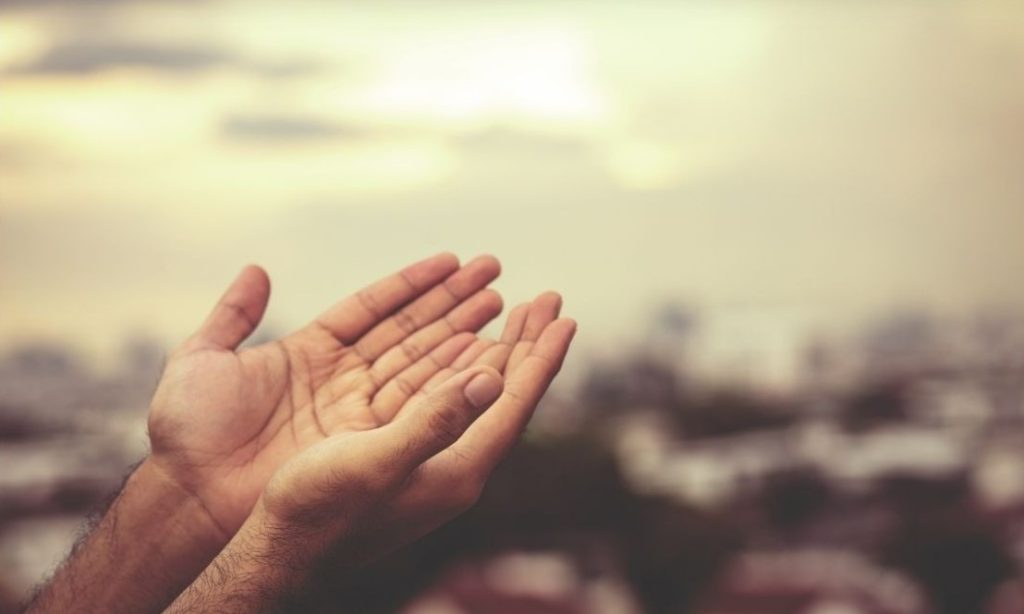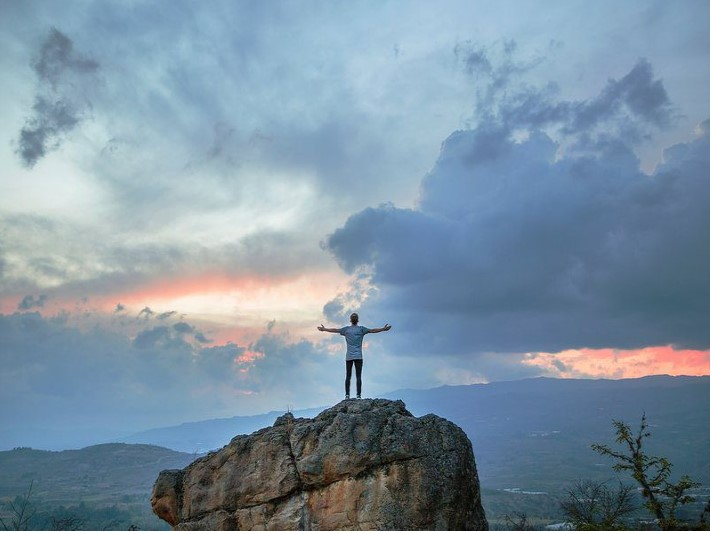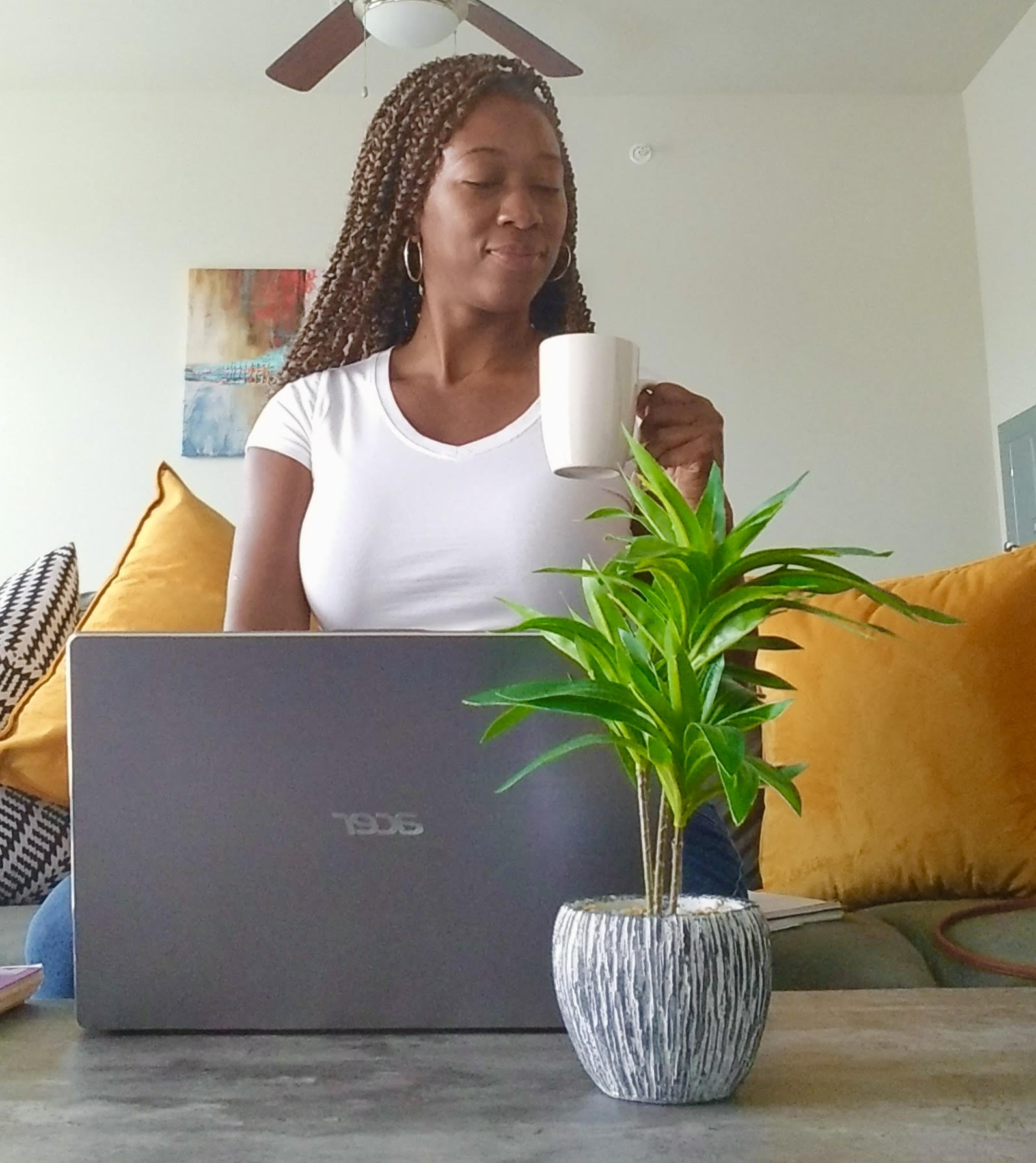Growing up I was taught that I had to be a go-getter, I had to go after the things that I wanted. Things don’t come easy; you must work very hard for everything you want in your life.
I was raised by immigrant parents who were also very hard-working, and they instilled these beliefs in each of their children. We all had to go to school and get a great career, we were the leaders of our destiny.
So, you can imagine how frustrating and overwhelmed I was when my life choices weren’t planned out the way that I desired. I assumed that if I worked hard, was very persistent, and did what I was told I was supposed to do then everything would work out.
But that didn’t happen, I ended up having several mental breakdowns in my 20s because of this belief. I just didn’t understand why my life wasn’t working out the way that I wanted it to. I was working so hard, long hours, learning new applicable skills, and taking up more responsibilities.
It wasn’t until I hit my 30s and went on a spiritual journey that I discovered what was lacking in my life, my faith. I did not have faith that things would work out for me unless I put effort into myself.
I did believe in God but subconsciously I did not believe that God would be able to take care of my needs.
So, you can say I partially believed and had faith that someone other than me could affect the direction of my life.
But once I truly started to have faith in God, the universe, the divine, and trust wholeheartedly, I allowed God to be the director of my life, I no longer forced things to happen, I allowed things to happen for me.
Having faith has helped me with my anxiety and made me a stronger person because I truly believed that no matter what I was going to be ok.

Why is it important to have faith?
Having faith can offer comfort and support in times of difficulty. While spirituality won’t cure you, it’ll help you cope with pain and navigate troubled waters.
I think about the times when I didn’t know where my next dollar would come from, or if I was fired from my job, I had no idea when I would get another one. I would become overwhelmed and anxious about what would happen and think of the worst-case scenarios, but in the end, the worst case never happened, and I was always ok in the end.
Faith isn’t contingent upon a win, instead, faith positions us to have peace regardless of the outcome. Faith revolves around our life experiences, the good, the bad, and the ugly.
Faith is what helps to get us through, illuminating the pathway in times of darkness, and helping to give us strength in times of weakness.
Incorporating more faith in your life is a transformative journey, here are some steps to take to cultivate and strengthen yours.

Release what is out of your control
Accept uncertainty, accept that you can’t control every aspect of your life, and that’s okay. We can get very angry and frustrated when things that we want do not go our way, it can lead to suffering.
But you don’t have to suffer if you have faith and know that no matter what things are working out in your favor.
There is a learning lesson in every experience that you have in this lifetime, so learning to release attachments, control, and give to a higher power can help you navigate this with flow and ease.
Also, sometimes we can force things to work out in our favor and it doesn’t turn out the way we want and can cause unhappiness. So, letting that job go when it’s time to let it go, or that relationship or material item is important and not something to hold on to.

Connect with your faith community.
This is very important because if you are in a community of people who don’t have faith it can be challenging to cultivate faith in your life.
If you would like to increase your faith look for people who believe in spirituality, when I started my journey, I did a lot of research on YouTube on faith-based information, then I started aligning myself with the right people in my life.
The divine wants you to get closer to them so they will make opportunities for you to get closer to your community.
Not only will this help with building your faith, but when you are down, your community can help empower you and bring you back to yourself through trust, faith, and compassion.
Strong relationships based on shared values have been proven to increase mental well-being and feelings of a sense of community.

Conclusion
Remember that having more faith is a personal and ongoing journey. It’s about learning to trust yourself, others, and the world around you. Start with small steps, and over time, you’ll find that your ability to have faith in life will grow and flourish.
As we navigate the complexities of life, we discover that true strength often lies in surrender, not control. Letting go of the need to micromanage every aspect of our lives opens the door to a world of possibilities, growth, and genuine connection.
Remember, faith is not the absence of challenges; it’s the courage to face them with an open heart.
In the midst of uncertainty, we find the freedom to explore, the resilience to bounce back, and the wisdom to embrace the beauty of the unpredictable journey.







0 Comments